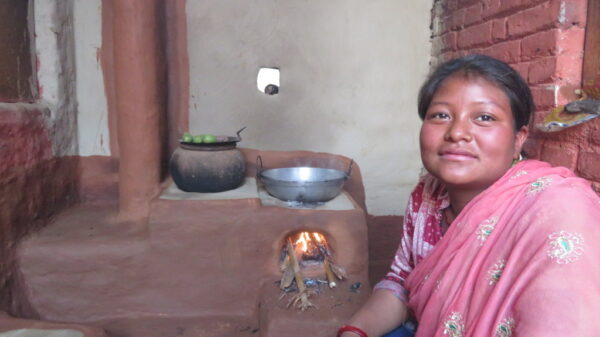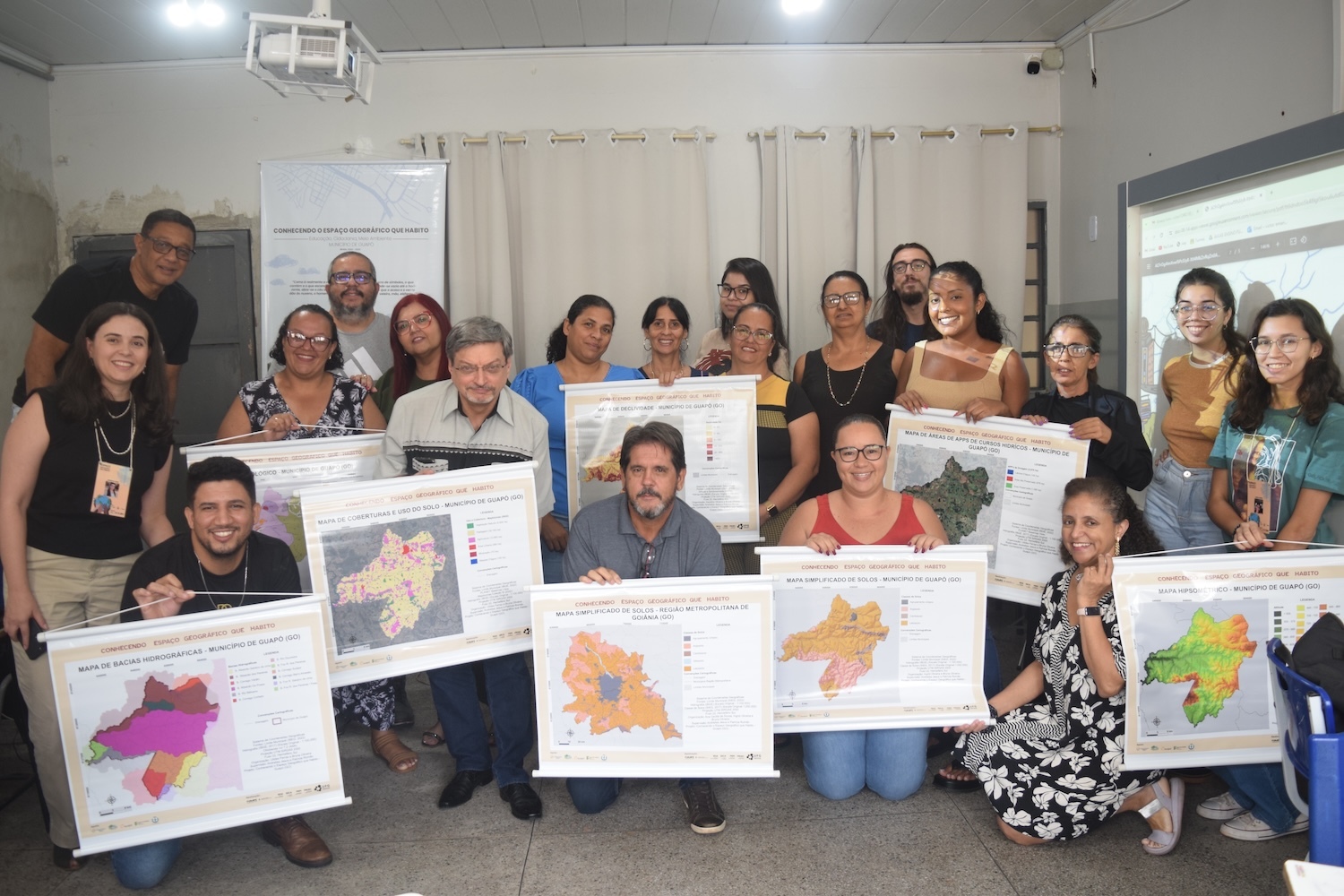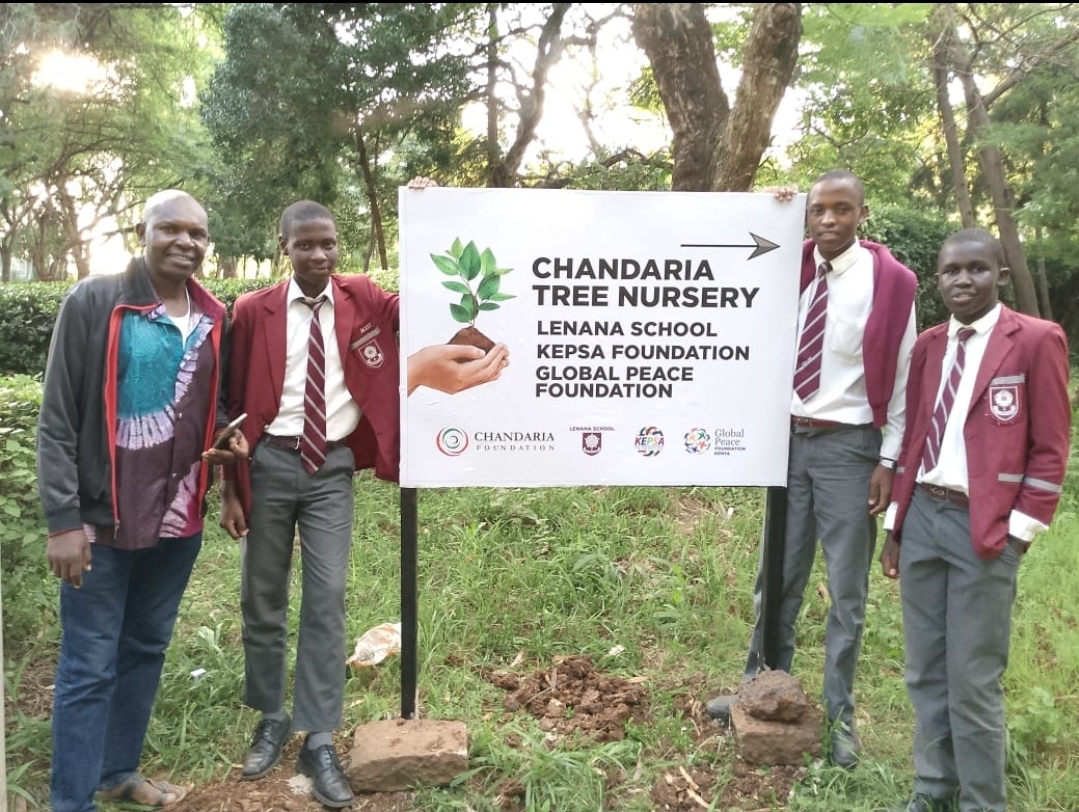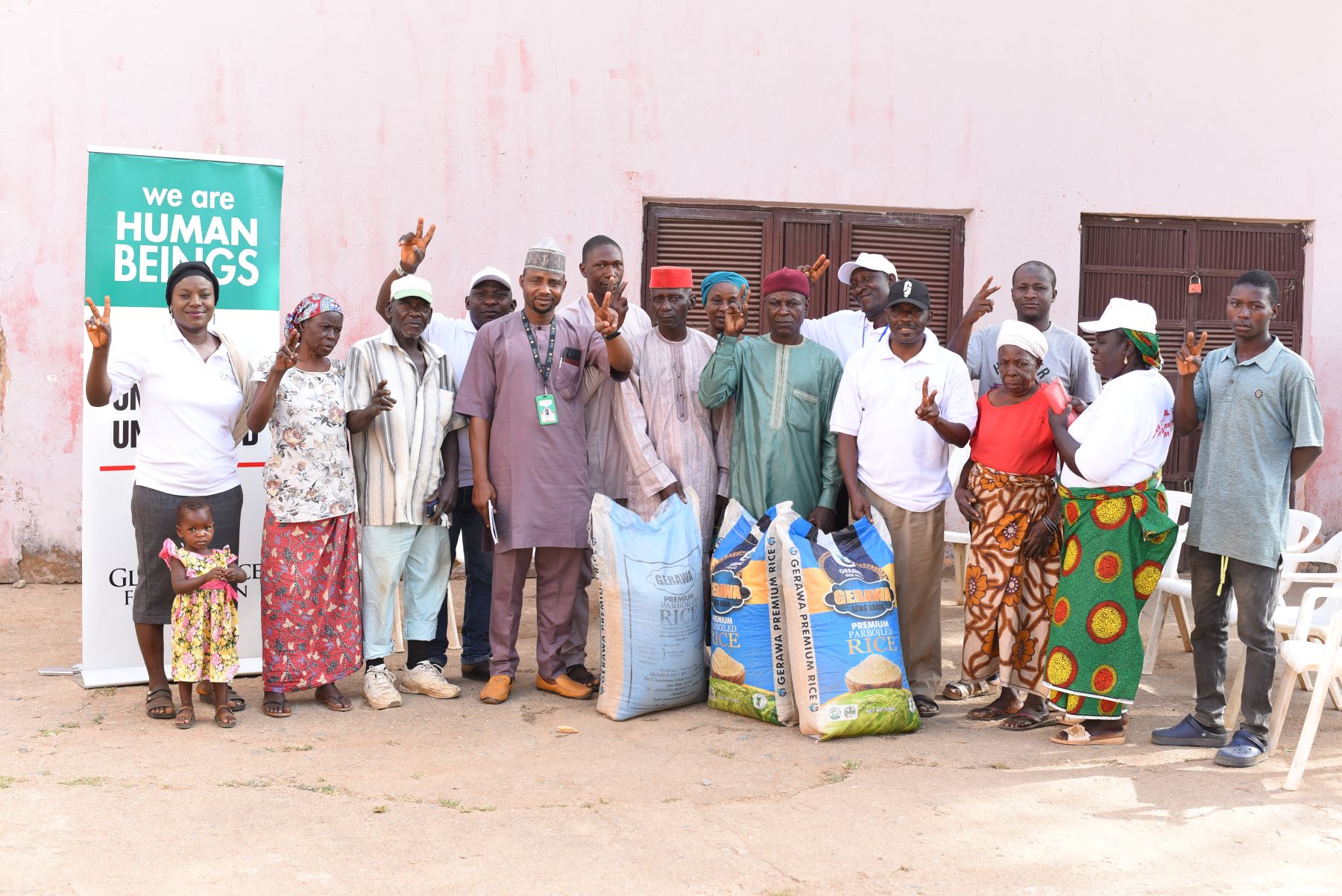Could you imagine enduring the stinging burn of smoke in your eyes, nose, and lungs every day to prepare the food necessary to keep you and your family alive?
In Nepal, 74% of household use open-fire method for cooking. This poses a serious health risk to the families as they inhale the smoke that quickly fills the home. According to the US Environmental Protection Agency, the fine particles produced by the burning of wood can penetrate deep into one’s lungs and cause a range of health problems, such as chronic heart and lung diseases. The data provided by the World Health Organization shows that over 7,500 Nepalese women and children die annually due to illnesses related to indoor air pollution. The smoke also impacts pregnant women to disrupt the healthy development of the fetus and increase the risk of birth defects. Despite these risks, however, families adhere to the open-fire method as they can’t afford the price of gas and gas stoves.
Global Peace Foundation (GPF) promotes an innovative, values-based approach to peacebuilding guided by universal principles and values that connect us beyond race, religion, and nationality.
Because of this, we partnered with Clean Stove Initiative in 2013 and have continued the initiative over the years to provide families in Nepal with new stoves that improve their health and empower them in the process to become owners of enhancing the quality of their lives.

Nepalese woman with a new stove provided by the Clean Stove Initiative.
The Clean Stove Initiative provides families with the materials to build a stove that still uses wood for sustainability, but is designed to let out the smoke to eliminate the negative side effects of open-fire burning. To create a sense of responsibility and ownership, the families themselves have laid the bricks and mud with additional support from caring volunteers. The project has been a great success, significantly improving the health of over a thousand families.
Bambie Panta, the program director of Clean Stove Initiative Nepal, shared that the stoves have improved not only the physical health of the family members but also improved their quality of life. The stoves have allowed family members to spend more time with each other as the new stoves required less amount of wood and time to cook.
But the work is not done yet. 250 families are waiting for help in the village of Dolakha and we need your help.
Visit HERE to support the families in Nepal and to make their homes pollution-free.
Find out more about the Clean Stove Initiative and sign up for our monthly newsletters for the latest news.



